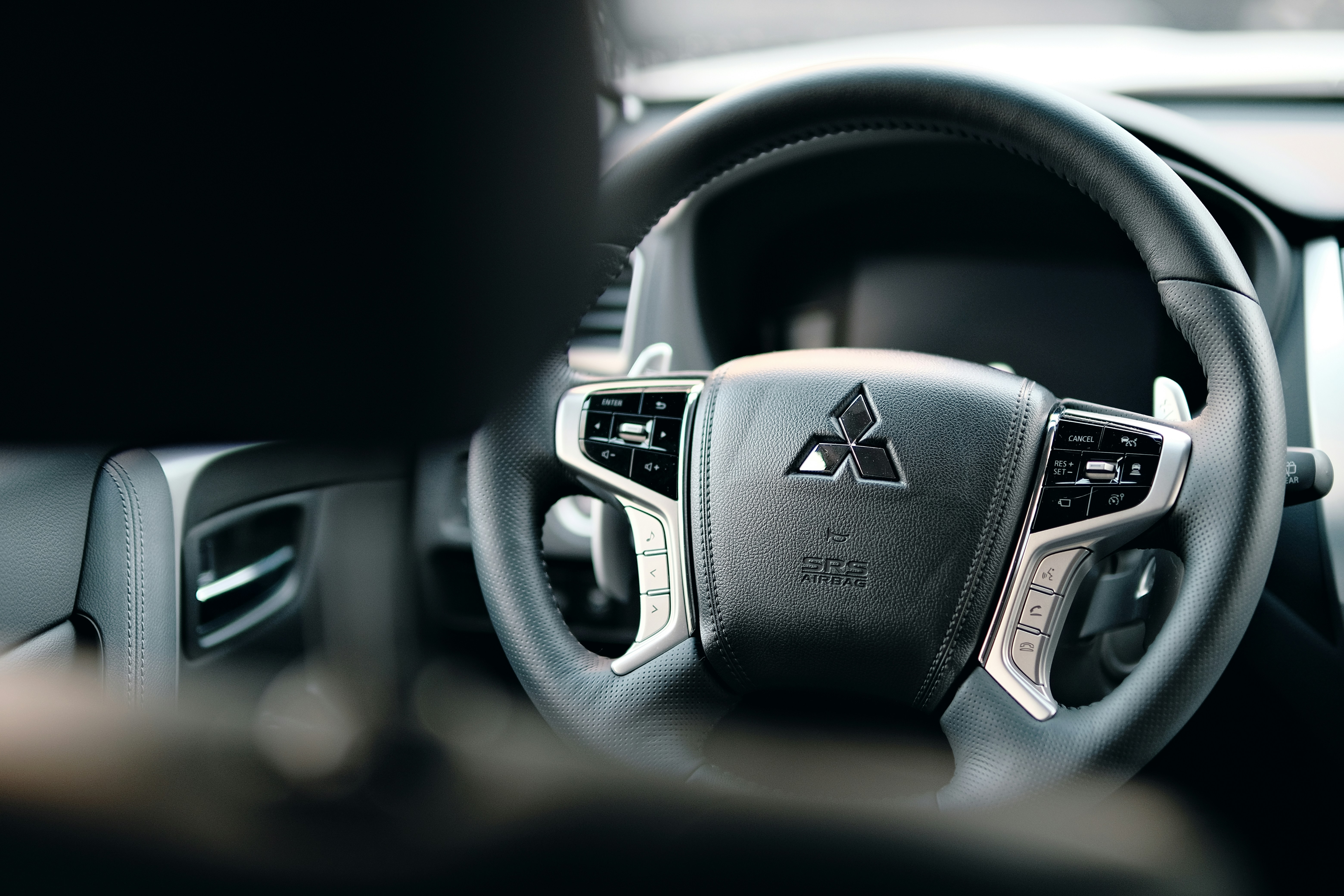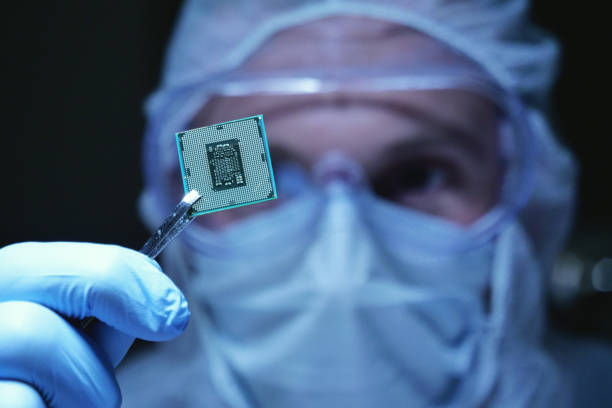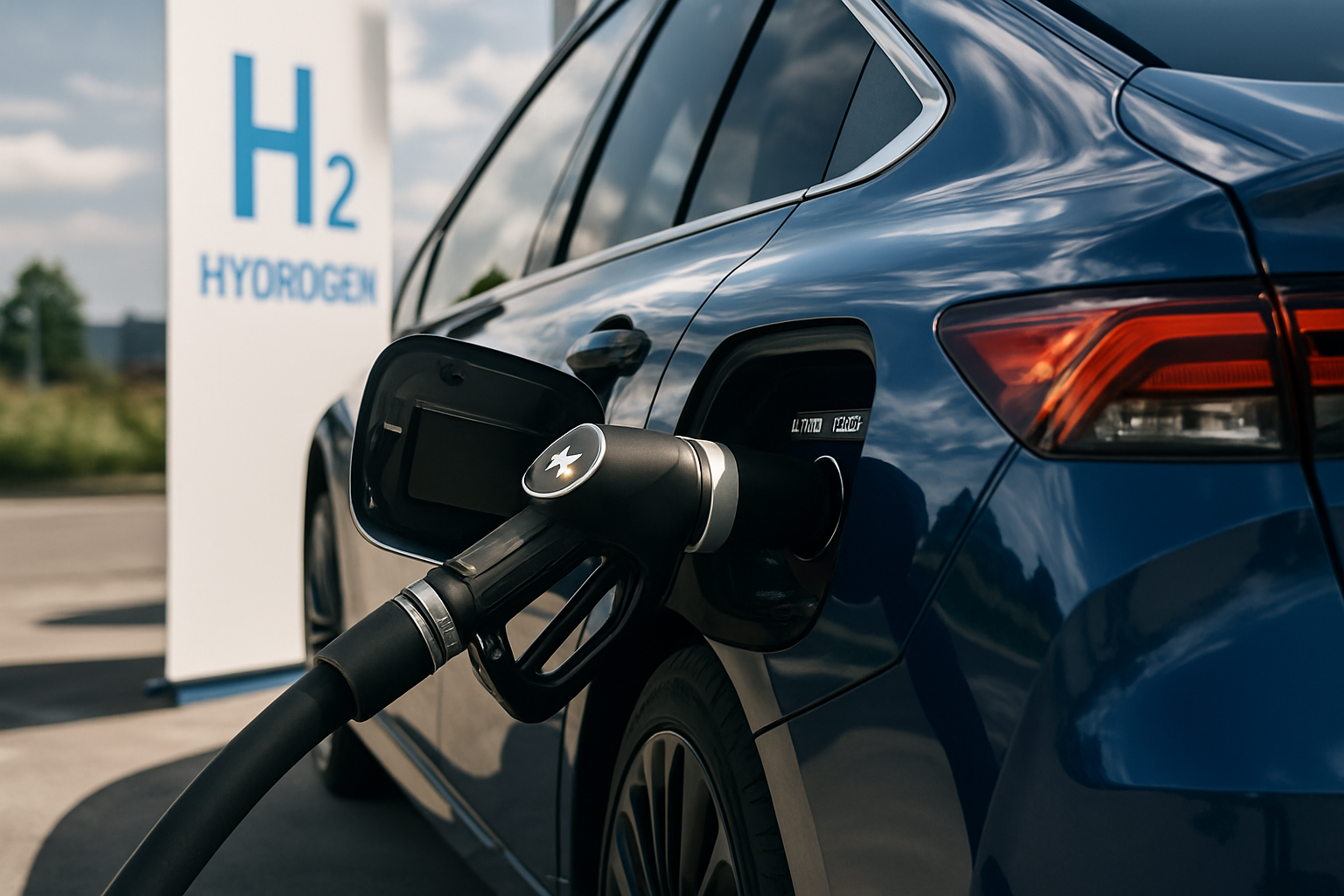Automotive Biometrics: The Next Frontier in Car Security and Personalization
Imagine stepping into your car, and before you even touch the steering wheel, it recognizes you. The seat adjusts to your preferred position, the mirrors align perfectly, and your favorite playlist starts playing. This isn't science fiction; it's the emerging world of automotive biometrics, a technology poised to revolutionize how we interact with our vehicles.

Understanding Automotive Biometrics
At its core, automotive biometrics involves the use of unique physical or behavioral characteristics to identify drivers and passengers. This can include fingerprints, facial recognition, voice patterns, or even heartbeat rhythms. These biological markers are nearly impossible to replicate, offering a level of security that traditional key fobs or passwords simply can’t match.
Enhanced Security: A New Lock for Your Car
One of the primary applications of biometrics in vehicles is security. Traditional car keys can be lost, stolen, or duplicated, but your fingerprint or retinal scan cannot. Advanced biometric systems can prevent unauthorized access to vehicles, significantly reducing the risk of theft. Some systems go even further, using continuous biometric monitoring to ensure that the authorized driver remains in control throughout the journey, potentially preventing carjacking scenarios.
Personalization: Your Car, Your Way
Beyond security, biometrics opens up a world of personalization possibilities. Imagine a car that recognizes each family member and automatically adjusts settings to their preferences. From seat position and mirror angles to climate control and infotainment choices, every aspect of the driving experience can be tailored instantly. This level of customization not only enhances comfort but can also improve safety by ensuring optimal driving positions for each user.
Health Monitoring: Your Car as a Wellness Companion
Perhaps one of the most exciting applications of automotive biometrics is in the realm of driver health monitoring. Advanced sensors embedded in steering wheels or seats can track vital signs like heart rate, blood pressure, and even stress levels. This data can be used to detect signs of fatigue, illness, or impairment, potentially alerting the driver or even taking preventive action in critical situations. In an age where driver distraction and fatigue are major concerns, this technology could be a game-changer for road safety.
The Technical Challenges of Automotive Biometrics
While the potential of automotive biometrics is immense, implementing these systems presents unique challenges. Unlike stationary biometric systems, those in vehicles must function reliably in a dynamic environment subject to vibrations, temperature fluctuations, and varying lighting conditions. Engineers are working tirelessly to develop robust sensors and algorithms that can accurately identify individuals in these challenging circumstances.
Privacy Concerns and Data Security
As with any technology that collects personal data, automotive biometrics raises important privacy concerns. How is biometric data stored and protected? Who has access to this information, and how might it be used? Automakers and technology providers must address these questions transparently and implement stringent data protection measures to gain consumer trust. The industry is actively working on developing standards and best practices for handling biometric data in vehicles.
The Future of Automotive Biometrics
Looking ahead, the potential applications of biometrics in vehicles seem limitless. We may see cars that can detect driver emotions and adjust the driving experience accordingly, or vehicles that use biometric data to optimize performance and efficiency. As artificial intelligence and machine learning continue to advance, these systems will become increasingly sophisticated, learning and adapting to individual drivers over time.
Integration with Smart Cities and Infrastructure
The true power of automotive biometrics may be realized when integrated with smart city infrastructure. Imagine seamless interactions between your biometrically secured vehicle and parking structures, toll roads, or charging stations. Your car could become your digital identity, facilitating transactions and access to various services without the need for physical cards or devices.
Conclusion: A New Era of Human-Vehicle Interaction
Automotive biometrics represents more than just a technological advancement; it signals a fundamental shift in how we interact with our vehicles. As these systems become more prevalent and sophisticated, they promise to make our cars not just modes of transportation, but personalized, secure, and intelligent companions on the road. While challenges remain, particularly in the areas of privacy and data security, the potential benefits in terms of safety, convenience, and personalization are too significant to ignore. As we move forward, automotive biometrics will undoubtedly play a crucial role in shaping the future of mobility.






